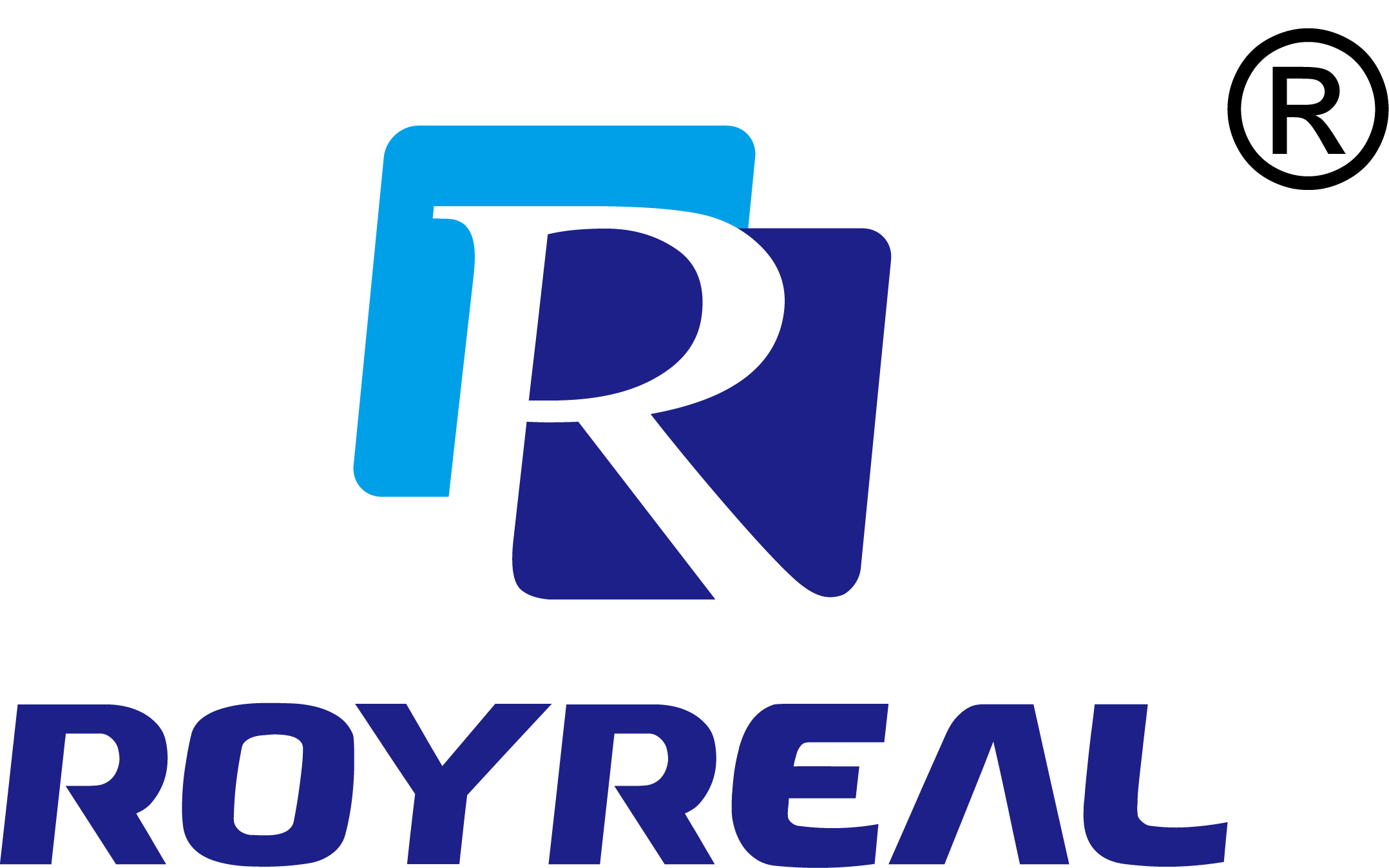Understanding Differential Pressure Flow Computers: A Comprehensive Guide
Category: Industry News
Time:2024-12-09
Differential Pressure Flow Computers are instrumental devices used in the measurement and calculation of flow rates for various fluids, including gases and liquids. These systems operate on the principle of differential pressure, which is the difference in pressure between two points in a flow system. The measurement of this pressure difference can provide accurate flow data, making it an essential tool in various industrial applications.
At the heart of a differential pressure flow computer is the differential pressure transmitter, which measures the pressure difference across an orifice plate, flow nozzle, or venturi tube. By applying Bernoulli’s equation and considering the fluid properties, the flow computer can calculate the volumetric flow rate. This method is widely used due to its reliability and accuracy in different operational conditions.
One of the primary advantages of using differential pressure flow computers is their versatility. They can be applied in numerous industries, such as oil and gas, water treatment, and chemical processing, to measure the flow of various fluids. It is important to select the right type of differential pressure flow computer based on the specific application needs, including factors such as the type of fluid, flow conditions, and measurement accuracy required.
These flow computers often come equipped with advanced features such as data logging and communication protocols, allowing for real-time monitoring and data collection. This capability is critical for optimizing operations, improving efficiency, and ensuring compliance with regulatory standards. Moreover, modern differential pressure flow computers can integrate with supervisory control and data acquisition (SCADA) systems, enhancing operational visibility and control.
Maintenance and calibration are essential for ensuring the long-term accuracy and reliability of differential pressure flow computers. Regular calibration should be performed according to the manufacturer's guidelines and industry standards to account for any drift or changes in the measuring system. Moreover, understanding the installation requirements, such as pipe size and orientation, is crucial for optimal performance.
In summary, differential pressure flow computers play a vital role in the accurate measurement of flow rates in various industries. With their ability to provide real-time data and integrate with advanced monitoring systems, they are essential for efficient flow management. Understanding their operation, advantages, and maintenance requirements will empower professionals in the instrumentation and flow measurement sectors to make informed decisions for their applications.
Keywords:
 EN
EN RU
RU SP
SP
